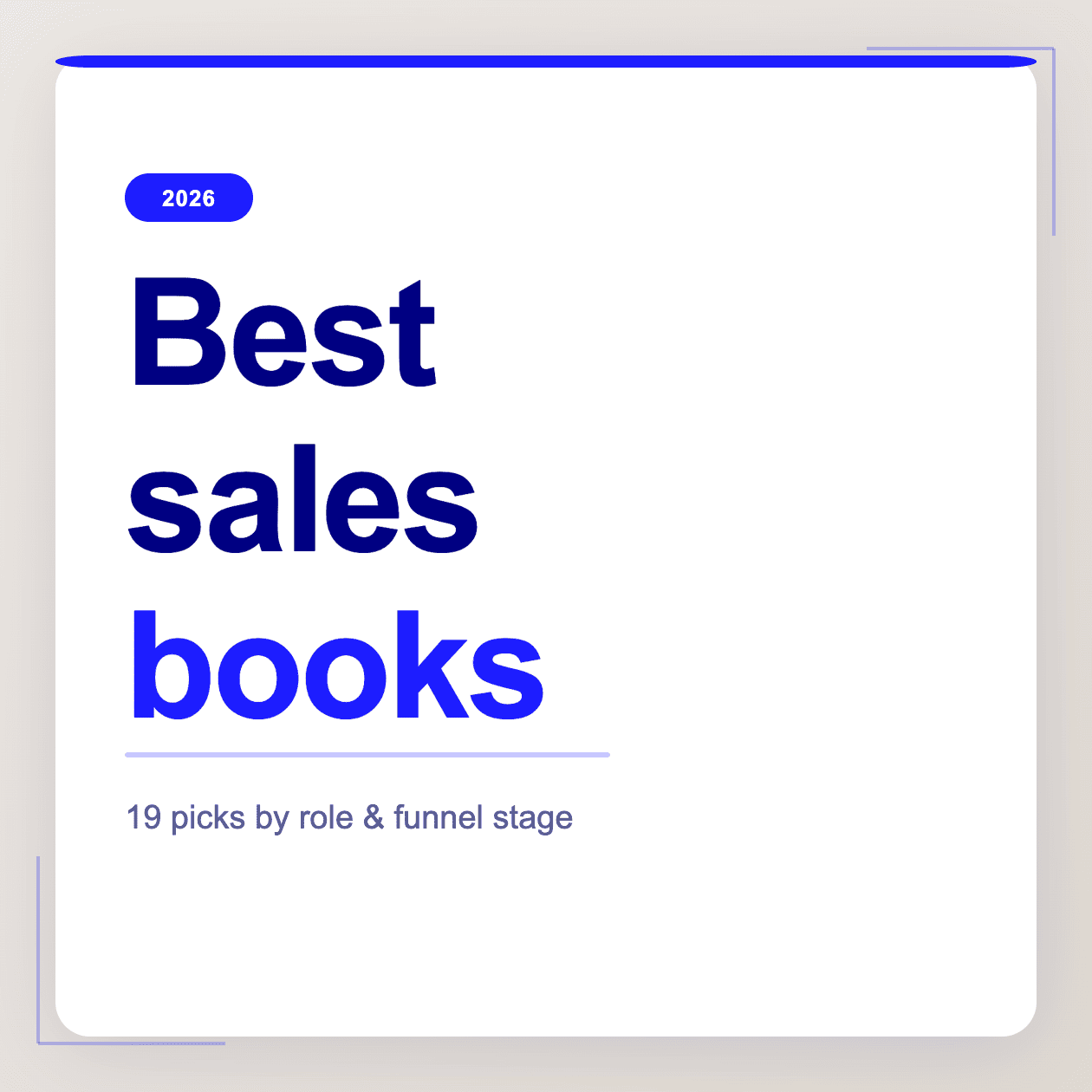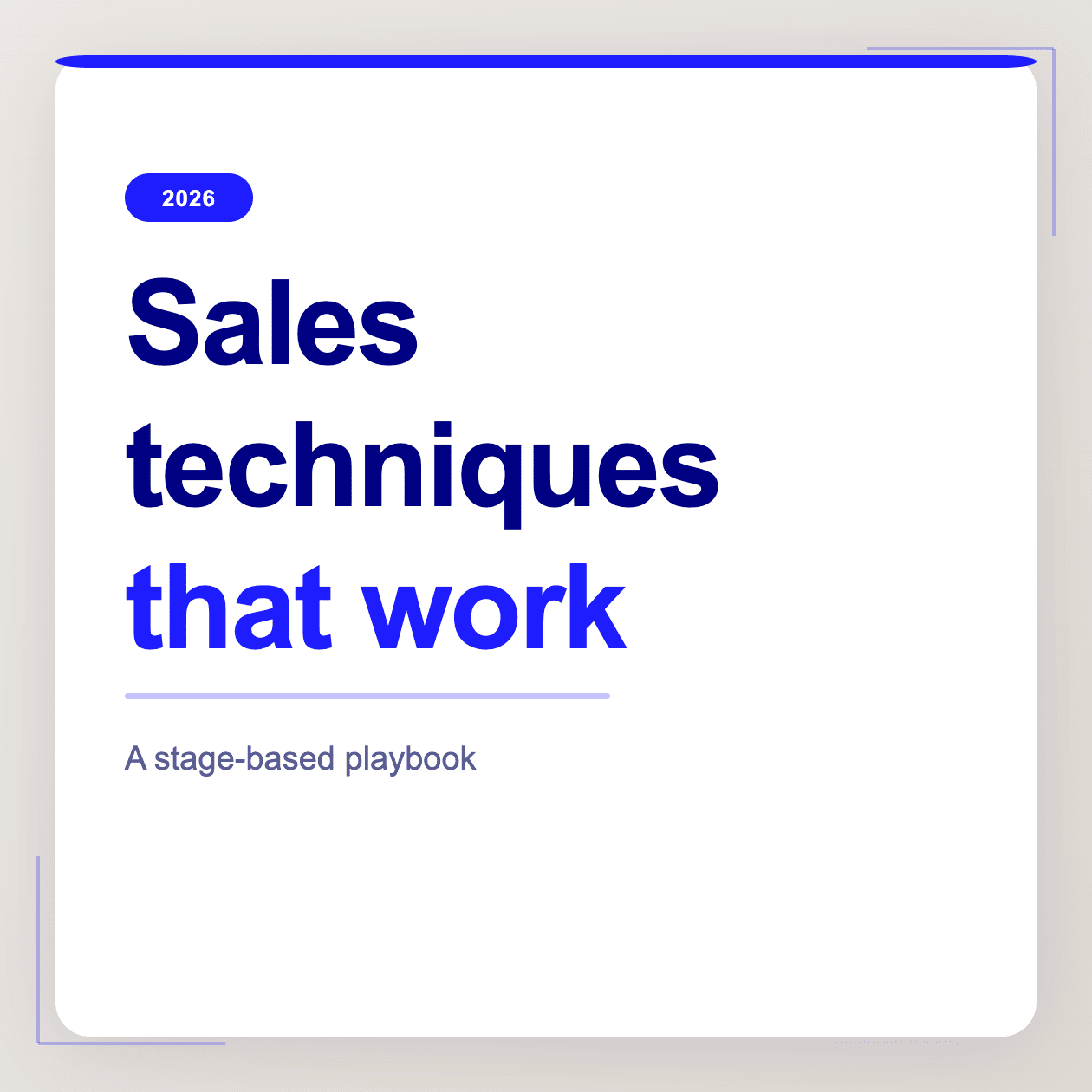There are many different types of influencers in the business world. Brand influencers, B2B influencers, and business influencers are just a few. But what do these terms mean, and what is the difference between them? In this article, we will explore these questions and provide some excellent strategies for influencer marketing in 2021.
Influencer marketing: an introduction and a history
The history of influencer marketing began with guerilla marketing. The term was coined by Jay Conrad Levinson in 1984, and guerilla marketing is generally considered to have 4 distinct stages: ambush, buzz, priming, and razzle-dazzle.
Ambush advertising often used guerrilla tactics such as flyposting or graffiti to shock consumers into taking notice of their product/brand/message. Contrastingly, other methods included creating hoaxes or humorously poking fun at the business’ competitors.
Buzz marketing happened when brands attempted to get their customers talking about them without actually telling them to do so directly. The objective was for consumers to like the business and its brand, leading them to start advocating for it without being paid or prompted by the company.
Priming involved using influencers in business (e.g., radio personalities) as spokespeople for their products without mentioning names. This created an air of mystery which made consumers curious to know more about these influencers and products.
Razzle-dazzle is where businesses would ramp up advertising activities with bright, attention-grabbing tactics that you couldn’t ignore! By following these 4 steps, business influencer marketing became widely popular.
So, that is the history of influencer marketing, but what about the definition of influencer marketing as we know it today? Influencer marketing is the process of using influential people to promote or sell a product or service. These people can be social media influencers, celebrity influencers, KOLs, brand influencers, B2B influencers, or business influencers.
That’s the basic definition. But as we know in marketing, nothing is ever that simple. So let’s look at these distinctions a little more in-depth!
Influencer marketing for B2B brands
Influencer marketing is currently dominating the B2C world, especially on Instagram, YouTube, and TikTok. But what about B2B. The B2B world has been slow to adopt the influencer marketing strategies of the B2C world. But business influencer marketing is growing, especially in the business-to-business (B2B) space. B2B influencers are individuals who have an established reputation within business circles. And business to business marketing often includes Influencer Marketing because it is a great way to get leads and reach business decision-makers.
According to a study by Linqia, business influencer marketing delivers 11x the ROI of traditional forms of digital marketing. And, in a recent study, it was found that 90% of marketers who used influencer marketing found it to be effective. So, why wouldn’t the B2B world want a piece of this pie!?
Why is influencer marketing so successful? There are many reasons. But some of the most important reasons are that business influencers have trust and credibility with their followers, and they can help promote your brand or product in a way that feels authentic and organic.
What is a brand influencer?
You may have heard business influencers called brand influencers. The term “brand” is used to describe products that are available under the umbrella of a business, e.g., Verizon business services or McDonald’s business offerings. A business has many different brands within it and each brand can have an influencer marketing strategy of its own.
A brand influencer is an individual who has a large social media following and is influential in his or her industry. Brand influencers can help promote your product or service in an authentic and organic way. They are often trusted by their followers, and they have a large reach.
What is a business influencer?
Business influencers are business leaders who tend to be well-respected by business peers and employees. They can use their business expertise to promote your business in an authentic way. Since they are already influential, business influencers help businesses reach new audiences and expand their market share. Working with business influencers can also increase business’ bottom line.
Business influencers tend to fall into several subcategories: business owners, business executives, business experts, business mentors, business analysts and business consultants. Like other influencers, business influencers can help your business by sharing your content with their social media followers. With business influencer marketing, you can get in front of an audience interested in your product or service. Plus, since business influencers are highly trusted by their followers (and often role models), this is a type of marketing that doesn’t feel pushy – it feels authentic!
Who can be a business influencer?
Businesses don’t just market themselves using business influencers – they also market their other business brands using business influencers! Businesses tend to employ business influencers who are already successful in the industry so they already have an established reputation and following making them great at promoting your product or service! Business influencers could include YouTubers, Instagrammers, business analysts, business consultants and business owners.
What is a B2B influencer?
The business world is very different from the business-to-consumer (B2C) world. B2C influencers are typically individuals who have large followings on social media sites like Instagram, Twitter, or YouTube. These people tend to be celebrities and “tastemakers”. A business influencer is an individual who has a strong reputation within business circles, and business influencer marketing tends to promote brands as opposed to specific products.
A B2B influencer is just as he sounds – someone with a large following of business professionals! Businesses use business influencers because they can give their brand more credibility and trustworthiness in the eyes of business decision-makers. Many businesses currently working on their business influencer strategy choose YouTubers because business influencer marketing can be a great way to reach business decision-makers early in the buying cycle.
What is B2B influencer marketing?
This refers to the practice of using business influencers for B2B brand awareness, lead generation, sales conversions, and thought leadership campaigns or programs that target business decision-makers or other business stakeholders within organizations. B2B implies that there is a significant amount of money
What is the difference between a business or B2B influencer and a brand influencer?
The business influencer, unlike business audiences. A business influencer is typically someone who has a strong reputation among business professionals rather than business decision-makers or the general public. Most business influencers are YouTubers or Instagrammers with healthy followings within the business world.
Quickly, what is the difference between B2C and B2B?
Many marketers agree that B2C brands use influencer marketing to sell products, while B2B companies tend to use influencers for branding purposes. Businesses can use business influencers to promote their brand or even specific brands depending on what industry they are in – there are business influencers in every industry! Sometimes businesses will hire an individual as an exclusive business influencer for one of their business brands while other times business influencers will promote all of the business brands they work with. However, business influencer marketing is typically used by businesses to sell their business brand rather than one specific product or service like B2C marketers do.
Can business-to-business (B2B) enterprises also utilize business influencer marketing?
Of course! Businesses don’t just market themselves using business influencers – they also market other business brands using business influencers! Businesses tend to employ business influencers who are already successful in the industry so they already have an established reputation and following making them great at promoting your product or service!
Business, Brand, and B2B Influencer Trends
Disclosure requirements will become stricter: Due to the FTC cracking down on influencer marketing strategies, disclosure requirements will become stricter this year as more lawsuits are filed against brands that failed to disclose paid endorsements from influencers under the FTC guidelines. Brands should be aware of these new requirements in 2021.
Brands will once again lean towards business influencers over celebrities: Although business influencer marketing relies on the trustworthiness of business influencers, many brands are moving away from business influencers in favor of celebrity endorsements. However, business influencer marketing is expected to explode this year as more businesses turn to business influencers because they can give their brand more credibility and trustworthiness in the eyes of business decision-makers.
Business marketers should focus on educational topics: Business audiences tend to respond better when advertisers use content that educates them about their industry or specific business issues rather than trying to sell them a product at every opportunity. Educating business professionals about business issues can lead to increased engagement with their brand!
Many business influencers are already very successful business owners so they often have business marketing experience. They know the business, business audiences, and business influencer marketing best! These business influencers tend to be excellent at business influencer marketing for this reason!
Final thoughts on Business Influencer Marketing
Business influencers are business professionals who have a strong reputation among business audiences. B2B marketers may also use business influencers to promote their business brand or specific brands depending on what industry they are in.
Businesses can employ successful business influencers that already have an established audience and following for this reason, as well as educate about the business world through educational content which is often more engaging than trying to sell at every opportunity! Many businesses owners with marketing experience end up being excellent business influencer marketers because of their knowledge of the field!
This article has been all about defining and comparing and contrasting different types of influencer marketing strategies – we hope it helped!




